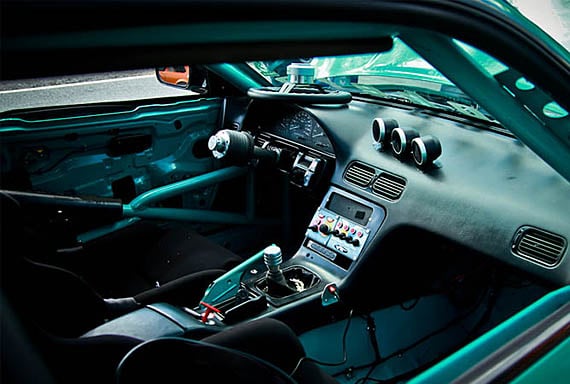I have been car shopping and it seems most all cars have turbos on them now days should any car be avoided with one if you want longevity? I keep my cars until i hit 300,000 to 400,000 miles as i drive a lot.
For most people the turbos probably don't affect as most people don't keep there cars long enough to have it die but i do. My buddy says that little 1.5L gas engines with a turbo will never last 300k-400k as it's a small motor with added stress from the turbo and naturally aspirated engine is the way to go for longevity and no repair bills.
Is he right or full of it?
For most people the turbos probably don't affect as most people don't keep there cars long enough to have it die but i do. My buddy says that little 1.5L gas engines with a turbo will never last 300k-400k as it's a small motor with added stress from the turbo and naturally aspirated engine is the way to go for longevity and no repair bills.
Is he right or full of it?

